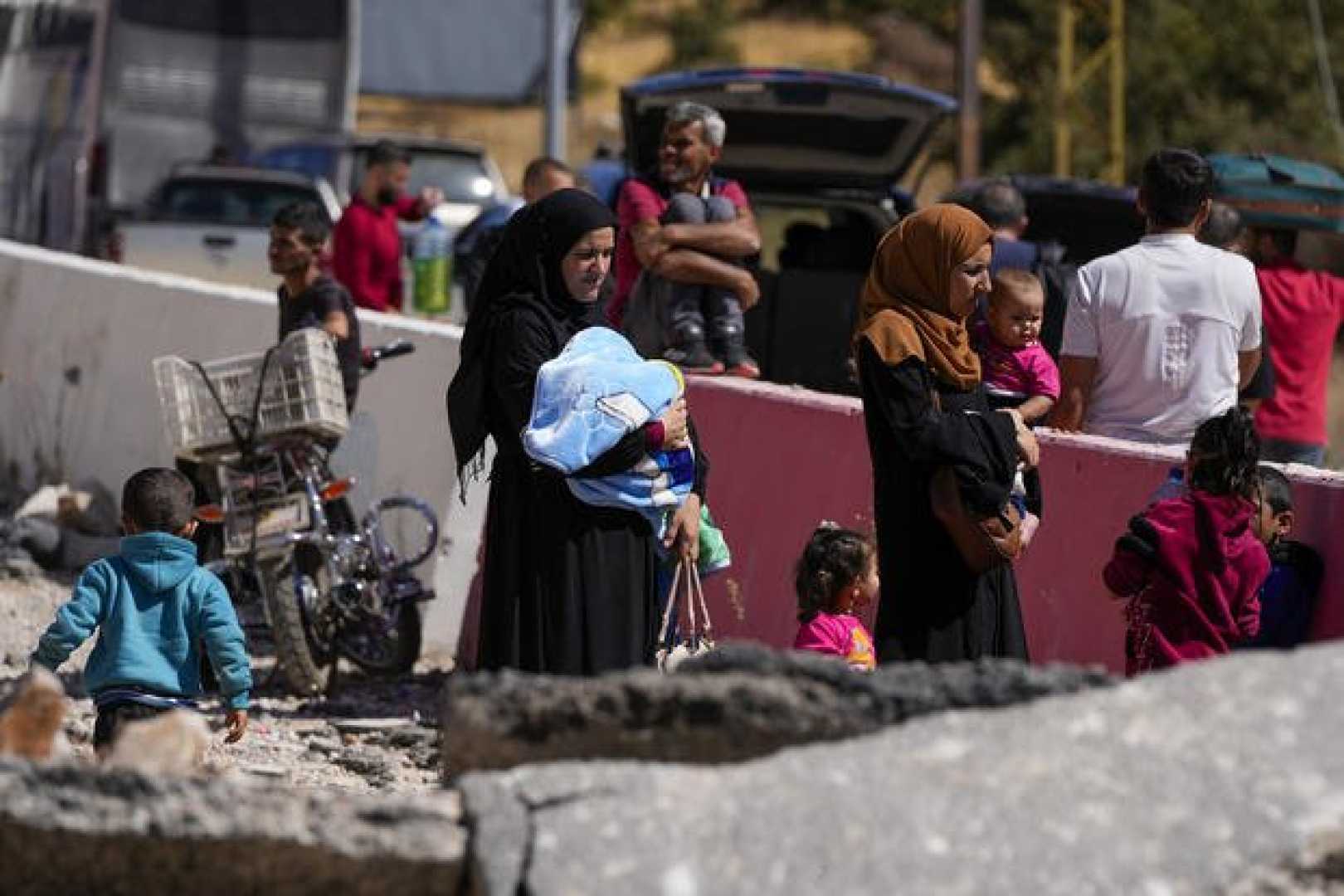World
Migrant Workers in Lebanon: Stranded Amid Escalating Conflict

Migrant domestic workers in Lebanon are facing dire circumstances amid escalating military conflict between Israel and Hezbollah. Aerial strikes and military operations have left many of these workers stranded, often abandoned by their employers, and struggling to find shelter or means to return home.
Among those affected is a 24-year-old Kenyan woman, referred to as Andaku, who recounted her ordeal to BBC News Arabic. “There were a lot of bombings. It was too much,” she said, disclosing that her employers locked her in their house before fleeing. Upon their return, Andaku claims she was thrown out and left without pay.
The United Nations has highlighted a growing humanitarian concern, noting that Lebanon’s nearly 900 government-organized shelters are operating at full capacity following the surge in violence. These shelters are primarily reserved for Lebanese citizens, leaving foreign workers with limited support.
According to Mathieu Luciano, head of the International Organization for Migration (IOM) in Lebanon, nearly 170,000 migrant workers, predominantly women from African and Asian countries, find themselves with scant resources and shelter options. “We are receiving increasing reports of migrant domestic workers being abandoned by their Lebanese employers,” Luciano stated during a Geneva press briefing.
Lebanon’s Kafala system, which binds migrant workers to specific employers, often leads to exploitation. Employers frequently confiscate passports and withhold wages, making it difficult for workers to seek freedom or return home. Many of these workers find employment through local agencies, which have been criticized for failing to provide adequate support.
Mina, a domestic worker from Uganda, described her own experience of abuse and lack of agency support. After escaping mistreatment from her employers, Mina told the BBC of her shock on learning she had to sign another two-year contract to fund her journey home.
The ongoing conflict has compounded these challenges. Domestic workers such as Fanaka, also from Kenya, have been left to fend for themselves on the streets. “I have been trying to do my best at work, but nobody is born perfect,” she remarked, describing her constant headaches and unstable working conditions.
Efforts by non-governmental organizations like Caritas Lebanon to provide refuge and support are underway, yet resources remain stretched. Hessen Sayah Korban of Caritas Lebanon highlighted the critical need for more funding to shelter the increasing number of abandoned migrant workers, who often suffer from psychological trauma.
International attempts to evacuate foreign nationals are ongoing, with the Philippines and Bangladesh urging their citizens in Lebanon to register for evacuation. Meanwhile, Kenyan authorities reported that a fraction of the country’s nationals had registered for evacuation, amid claims of inaction and logistical challenges.
Despite official denials of discrimination, many migrants fear repercussions due to incomplete documentation, exacerbated by the Kafala system’s restrictive nature. The crisis underscores the urgent need for reformed legislation and international assistance to protect vulnerable migrant populations.












